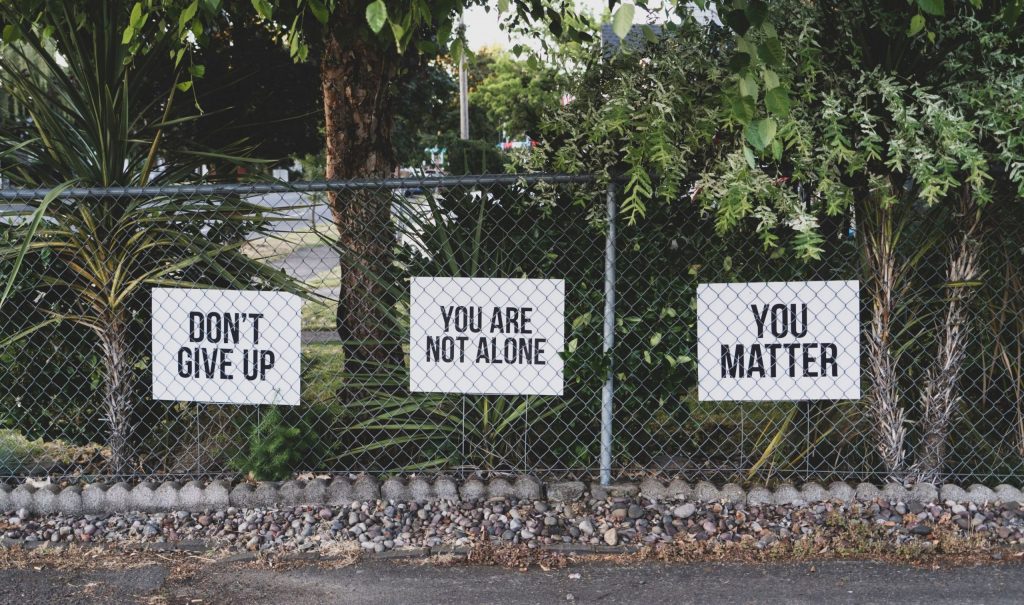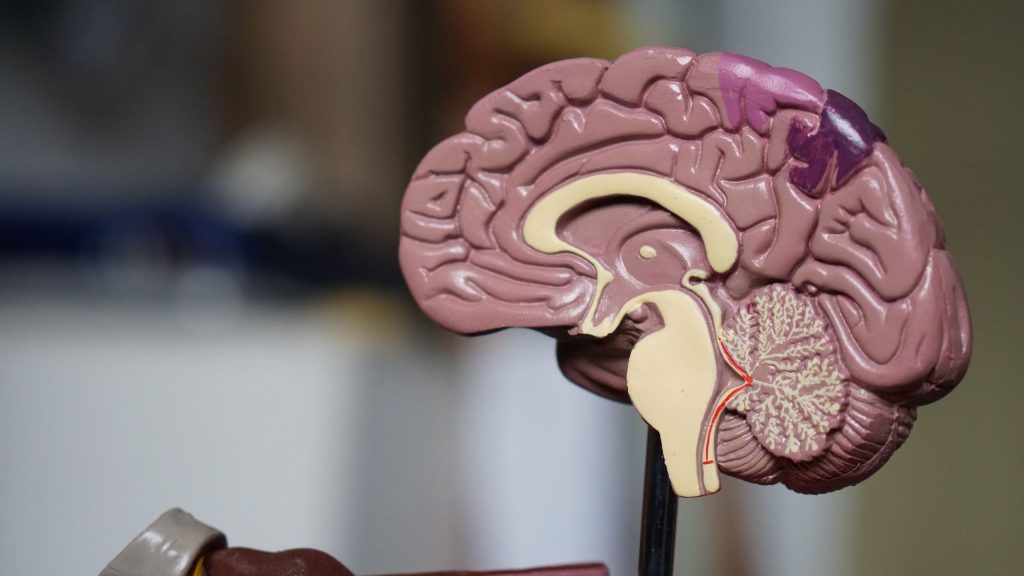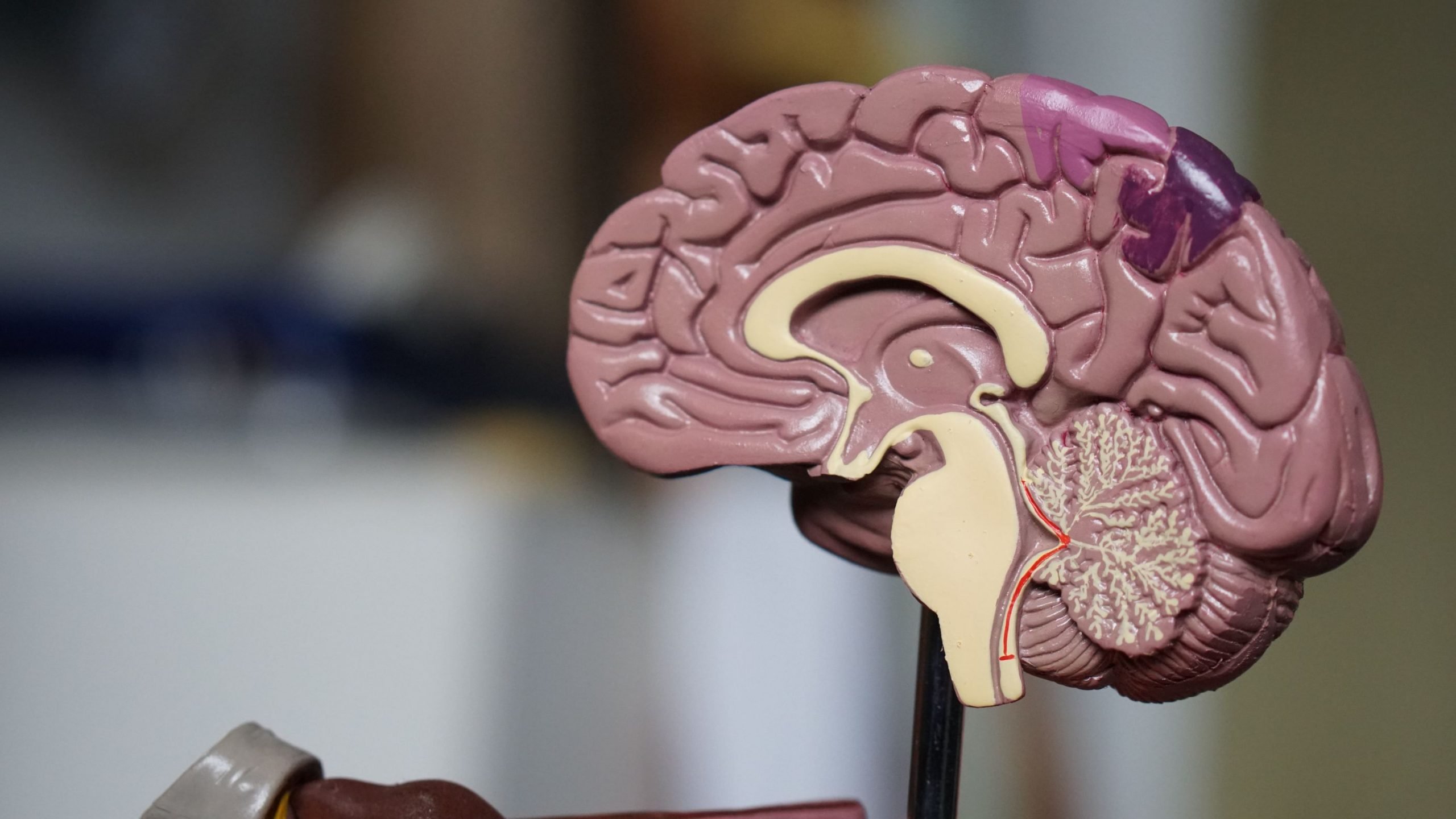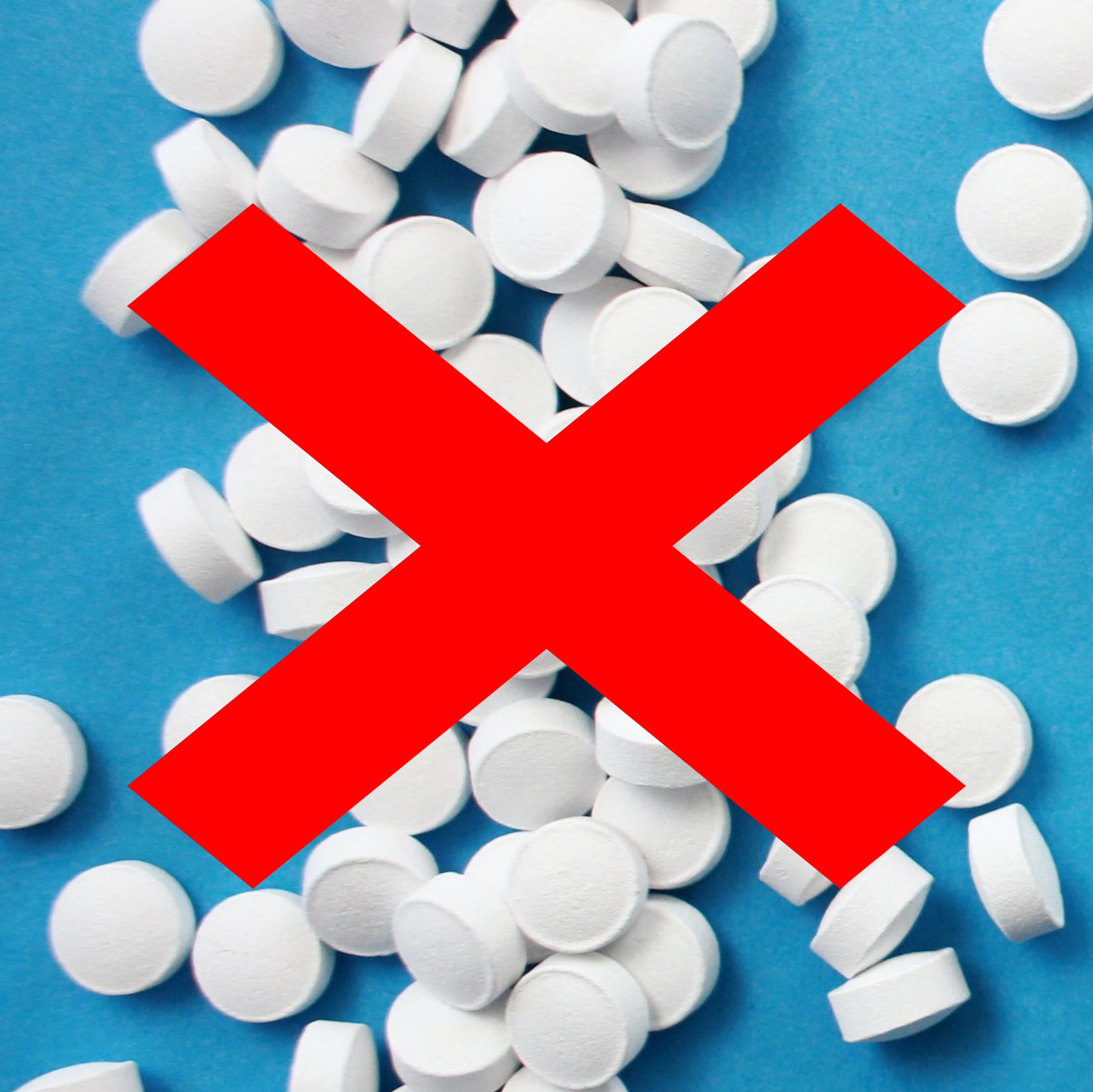Ever wondered about the term “detox?” What does it mean? What does it involve? Is it as bad as the horror stories you see online?
This post will discuss the ins and outs of detox. What it is, how the process works, and what to realistically expect.
Too many people view detox as a horrible experience. Some even avoid treatment for their addiction entirely, out of fear of detox.
Let’s see what we can do to help. At SSH, detox takes place in our residential treatment center…NOT a hospital. We want you to feel as welcome and comfortable as possible.
The Reasoning Behind Detox in Addiction Treatment
Remember: substance abuse makes physical changes to your body. It creates chemical changes in your body and your brain. This is where the “I need the drug/the drink” thought process comes from. Your brain has developed a need for the substance.
It’s part of the reason why we refer to addiction as a disease. It’s quite literally a disruption of your body’s normal processes!

The first step in treating the addiction, then, is to remove the addictive substance from your body. Clean the system out.
Medical professionals call this “Detoxification.” (We refer to it as ‘detox’ to save time.) Different levels exist, depending on the addictive substance and your current condition.
At Support Systems Homes, we provide a CARF-accredited, medically supervised detox. This means a doctor oversees the entire detox process.
What’s Involved in a Medically Supervised Alcohol/Drug Detox
You can detox from a substance in a few ways. They all work in the same manner: removing the addictive substance out of your body while monitoring your condition.
This breaks the body’s cycle of dependency on the substance, leaving the body and brain ready to recover from the addiction.
In our 20 years of experience, the safest & most effective way to detox sometimes involves using medications. Thanks to modern medicine, we have several medications which make the process easier to go through.
Which medication our consulting physician uses depends on the substance to which you’re addicted. For opioids, this generally fall into two categories: Partial Agonists, and Antagonists.
A “Partial Agonist” mimics some of the drug’s effects in the body, at a much lower intensity. Over time, the body stops responding to the partial agonist, which allows you to stop taking it. Buprenorphine is one example.
An “Antagonist” blocks opioids by attaching to opioid receptors in the brain…without activating them. Essentially, it gets in the addictive substance’s way. Naloxone is one example.

(If you’re wondering, an “Agonist” is a drug that activates opioid receptors in your brain. Agonist drugs include heroin, oxycodone, fentanyl, morphine, etc. Usually, when you enter detox, we’re helping you block the agonist from affecting your brain.)
Medications also exist to make the process of detoxing from alcohol easier.
A medically supervised detox, then, is a situation where clinical staff monitors you closely throughout the entire detox process. You take medication while under medical supervision. You go through the withdrawal process with others present to help you through it, including our counselors.
Common Detox Fears
For many of our clients, it’s not the treatment that scared them the most. It’s the idea of withdrawing from the substance.
Why? We’ve encountered several different fears surrounding detox. These three come up the most:
- Fear of withdrawal symptoms / pain – The most common fear. However, a proper detox process (like ours) is safe, humane, and properly supervised.
- Fear of the future/what happens next – This is a natural reaction when facing the reality of addiction, as well as many other important life events. It’s okay to be afraid – our staff understand. We’ll support you through the entire detox and treatment process.
- Fear of the unknown – We grow accustomed to dealing with our addictions. We think, this is my life, this is just how it is. When you’re faced with detox, with the possibility of that state of being changing, it can trigger fears. You don’t know what your life will become afterward. Even if it becomes much better (and it will!), it’s still intimidating.
When facing any of these fears, remember—the better life you want is waiting. You’ll have to go through the fear to reach it. And you can do it.
Detox Clears the Way for the Next Chapter
Detox is the beginning of rehabilitation. It’s the second step on the road to recovery, where the first is asking for help.
Thanks to medications and clinical supervision, the detox process has become a safe, empowering experience. If fear of detox holds you back from seeking treatment, we hope this post helps change your mind about it.




